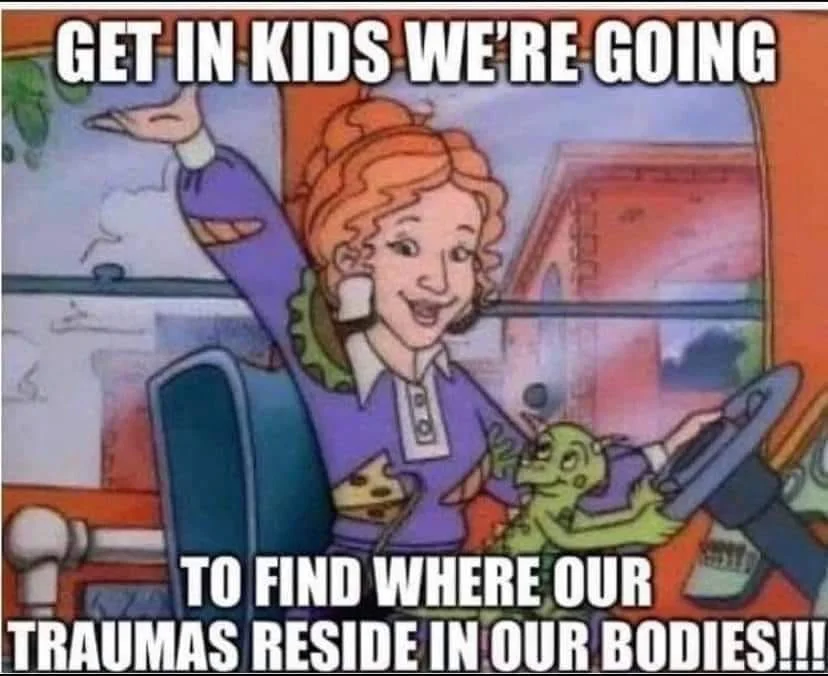
Play Therapy
What is play therapy?
Play Therapy is defined by the Association for Play Therapy as “the systematic use of a theoretical model to establish an interpersonal process wherein trained Play Therapists use the therapeutic powers of play to help clients prevent or resolve psychosocial difficulties and achieve optimal growth and development."
But what does that mean??
Play therapy is not the same as the play a child does with peers or on their own. It’s also not the same as a clinician that just has toys in their office or uses “play based approaches.” In play therapy, the play therapist has had specific training* on how to:
facilitate play that goes deeper and provides experiential, intuitive learning for the child about themselves and their world
identify themes in the child’s play as a way to understand better the child, what they are struggling with, and what support they are needing
use their specific theory to build a strong and safe attachment relationship with the child so the child feels safe to take risks and open to their own optimal growth
use the powers of play therapy to help a child improve their sense of secure attachment, self-expression, emotion regulation, resiliency, self-esteem, and stress management all without trying to control or force the process
Sources: Play Therapy: The Art of the Relationship, The Therapeutic Powers of Play: 20 Core Agents of Change
-
Fun activities release beneficial chemicals in the brain that help us feel better, and like adults, when kids feel better they can do better. This also helps decrease a child’s resistance to engaging in the therapeutic process, which can be hard.
-
They develop a more positive self-concept, assume greater self-responsibility, become more self-directing, self-reliant, learn self-coping, self-evaluation, and self-trust
-
Play therapy allows kids to try on different roles and often use this to process themes around power, control, and mastery. They can pretend to be or do anything through play!
-
Through the use of toys and pretend, play therapy allows kids to acquire new words, and better understand their thoughts, emotions, and identity. They can try things out that aren’t allowed elsewhere which allows them to explore beyond the limits of reality.
-
The play therapist maintains a constant positive regard and respect for the child no matter how the child plays or acts which helps them internalize how respect feels
-
A child’s emotions are accepted no matter the intensity so they are able to move through the emotion safely and not get stuck in it
-
After being accepted, their emotions can decrease in intensity and are then easier for them to regulate
-
By facilitating a child’s ability to solve problems their way with creativity they increase the understanding that they are able to do so and are less overwhelmed by problems
-
The environment is one where the adult doesn’t make decisions for or try to control the child. Limits are held in specific ways so as the child can practice controlling themselves and making their own decisions.
-
The child is accepted unconditionally as they are which is communicated not by saying so directly but with the therapist’s attitude verbally and nonverbally. The child then internalizes this acceptance which increases self-esteem.
What children learn in Play Therapy

What makes Child Centered Play Therapy (CCPT) unique
While there are several well-established theoretical approaches to play therapy, CCPT has the longest history of use, strongest research support, and has been the most frequently used theory by many play therapists.
CCPT is not just a set of techniques used in the playroom, but an attitude, philosophy, and way of being based on the deep and abiding belief in children to have the natural ability and resilience to grow towards self-direction.
CCPT trained therapists have specific ways of using their presence, language, categories of toys, limit-setting, and viewing of the treatment plan that trust the child will naturally grow towards discovery, development of skills and understandings if the right conditions are present.
“None of the child’s behaviors is evaluated as making the child any more ore less worthy of being accepted or prized as a unique person.” (Play Therapy: The Art of the Relationship)
Why I love play therapy
I had a difficult childhood, but I have treasured memories of times I could escape to my room to play with my toys. They were my friends and were with me in hard times and good.
And now I get to provide this to kids who are struggling. I get to be a safe space that centers their unique self while in their joy and their pain. I get to provide a space that is unlike most others in a child’s life: where an adult doesn’t scold them for making a huge mess but that I’m the one that cleans it up!
Throughout the years I have provided play therapy, I have seen over and over again the power of play therapy to meet each child where they are at in a way that the child opens up like a beautiful flower ready to be showered in the acceptance and care that they need to grow.
*Similar to understanding that there are requirements before you can provide different medical specialty services, Play Therapy should only be provided by licensed clinical mental health professionals with a graduate mental health degree and extensive specialized play therapy education, training and supervised experience.
I have gone through the APT approved Antioch Center for Play Therapy’s Certification Program, gotten further training with other play therapists, had years of supervision with expert play therapist Cary Hamilton, LMHC-S, CMHS, RPT-S™, and have almost met the requirements to become a Registered Play Therapist (RPT).





